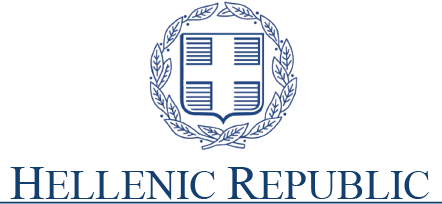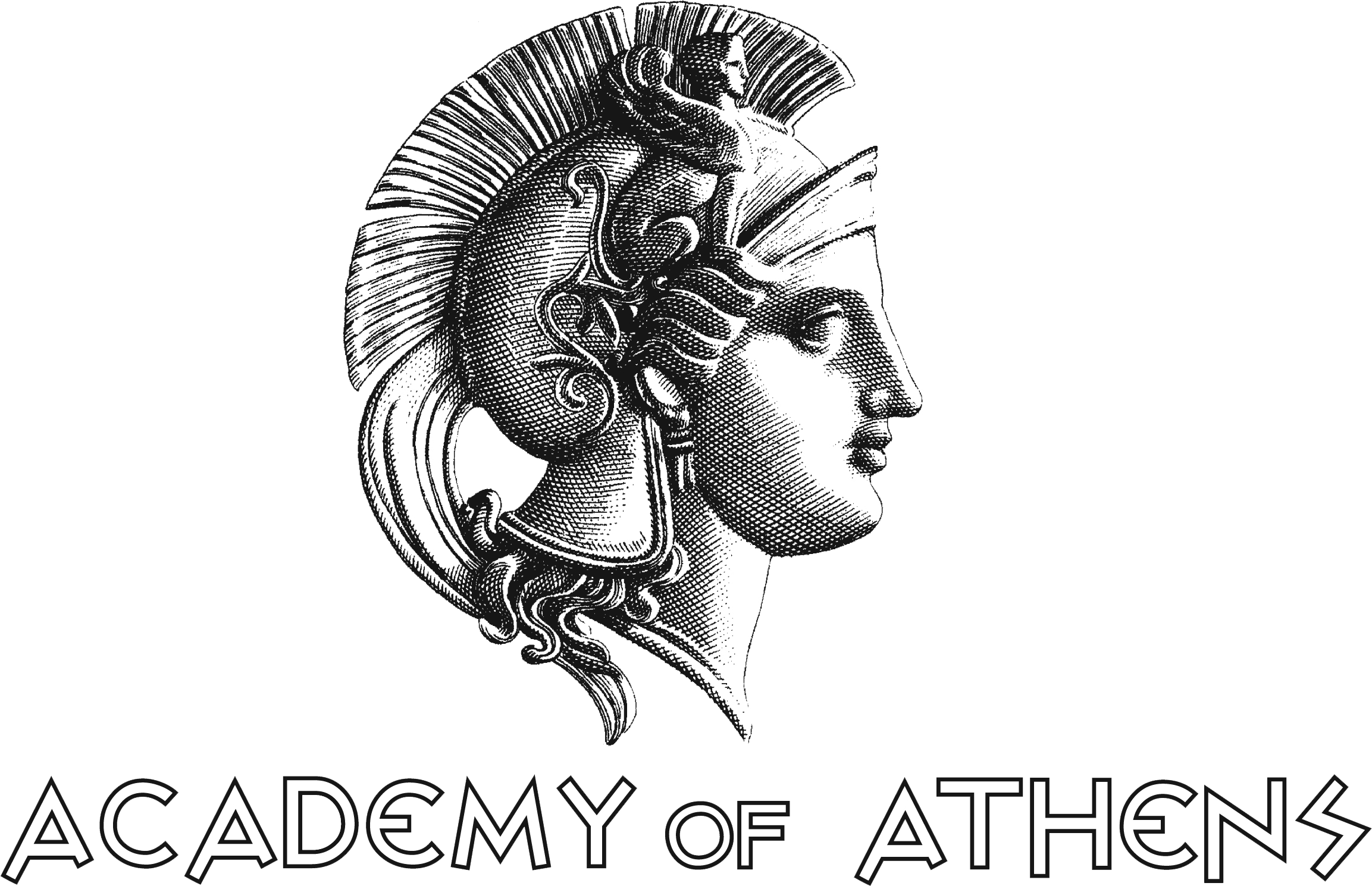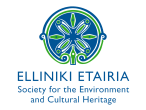Follow up of the Greek proposal “Addressing climate change impacts on cultural and natural heritage”
Greece has been at the forefront of the ongoing endeavor to protect natural and cultural heritage from adverse climate change impacts, as asserted by the Greek Prime Minister’s statement at the Climate Action Summit in New York (September 2019). In this framework, Greece, with the supporting partnership of UNESCO and the WMO (World Meteorological Organization), launched the proposal “Addressing climate change impacts on cultural and natural heritage, inviting the UN member states to support the protection of cultural and natural heritage from the impact of climate change by mainstreaming this protection into climate change policies and/or processes, in line with the related Paris Agreement objectives and commitments and the SDGs, and taking into account policies and recommendations by UNESCO.
In order to promote the goals of this initiative and to raise awareness on the issue, Greece has already implemented a number of actions. Some of the most significant of them are:
- The Ministry of Culture and Sports has established a multidisciplinary High Level Working Team (WT) in the theme “Climate Change and Cultural Heritage” to identify the necessary steps to protect cultural heritage from the climate change impacts, which cooperates also closely with the competent bodies of the EU, UNESCO and the Council of Europe (CoE).
- The Ministry of Education together with the Academy of Athens have organized an International M.Sc. degree program for the “Protection of Cultural and Natural Heritage from the Effects of Climate Change”, which will be offered by the Hellenic Open University as a distance learning English course, starting from the academic year 2021-2022.
- In the frame of the Council of Europe, the Ministers of Culture and of Education have included in the agenda of the Informal Council of Ministers of Education (29.10.2020) the theme “Education for promoting education of cultural heritage at risk from climate change: a human right in a culture of democracy”. Moreover, the Ministry of Culture and Sports is organizing a theme related webinar in October 2020.
- The Ministry of Environment and Energy has included the Greek initiative in the Environmental Performance Report of Greece for the decade 2009-2019 (Environmental Performance Review) of the Organisation for Economic Co-operation and Development (OECD) as well as in the online Platform on Sustainable and Resilient Recovery from COVID-19, which is led by the Ministry of the Environment of Japan and supported by the UNFCCC.
- In the framework of the Group on Earth Observations (GEO), Greece has invited the GEO members to cooperate in the field of the use of satellite monitoring to protect cultural heritage (“observation-driven protection”) from climate change impacts as well as to incorporate urban cultural heritage aspects into the GEO 2020-2022 Work Programme, in cooperation with UNESCO. Up to now, 84 public and private bodies from 24 countries and 10 international organizations responded.
In addition, a number of NGOs and organisations have also expressed their support (ICOMOS , SDSN, Europa Nostra). Furthermore, a flexible mechanism that will promote and accelerate the implementation of practical actions and cooperation schemes of the proposal has been created with the participation of representatives from Greece and WMO. UNESCO is expected to decide upon its participation in the Flexible Mechanism at the 210th Meeting of the Executive Board, (4 – 18 November 2020).
The overarching goal of the Flexible Mechanism is to bridge scientific knowledge and climate mitigation and adaptation tools with informed decision making by the interested States, in order to facilitate and enhance their efforts, in a coordinated manner, towards the effective protection of cultural and natural heritage from the impacts of climate change. In addition, it is aiming at ensuring the collection and exchange of best practices and other information related to the threats that the cultural heritage faces due to climate change (threat index). Also, this mechanism, will enhance the implementation of the proposed actions and commitments by promoting, among others, the relevant research, the improvement of the quality of critical information, incorporating local and indigenous knowledge, the education and the awareness raising actions, the creation of repositories of best practices and the design and development of projects/programmes, at both global and local levels.
Moreover, Greece – by Decision of the Prime Minister – set up a Coordination Unit, located in the Academy of Athens, to support, inter alia, the work of the Flexible Mechanism, implement its decisions and promote the proposal’s objectives.








